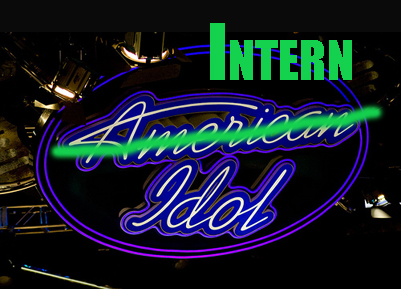- Are you still actively job searching and interviewing, even though the weather speaks more to sitting on the beach or a streetside café with a tall cold drink? During the summer it is so tempting to dress to be cool and comfortable, especially with July’s exceptional heat. Unfortunately when it comes to interviewing, it is a big mistake to confuse cool with casual, and I am offering you some reminders, or perhaps an introduction to interview attire. The main things to remember are this:
Research the Employer – There are typical expectations across-the-board in interviewing, such as dressing neatly, being clean and well-groomed, however, knowing the culture of the places where you send in applications is extremely important. Company cultures, and interview “dress codes” vary, so make the time to learn the norms from investigating an employer’s website, asking contacts in your network (know anyone who has worked there or for a similar organization?), or even undertaking a reconnaissance mission before your interview. If the latter is feasible, time your visit to the employer’s neighborhood around lunchtime, usually noon-1pm, to watch people come out of the building. In general, it is best to look slightly more formal for your interview than the typical day-to-day attire of an employee. Here is a really comprehensive overview from Career Services at Virginia Tech on how to dress for interviews, for both men and women. Here is a website (from North Dakota State University) with photos of interview clothes by industry/career field.
Hygiene –There is a classic book on interviewing called Sweaty Palms: The Neglected Art of Being Interviewed. Unfortunately, in the summer “sweaty palms” can be a bit of an understatement. The truth is, that your grooming is as important, if not more so, than your attire. You do not need an Armani suit to make a good impression. Neat and clean are HUGE in conveying professionalism. Make sure that you are prepared to combat the heat with these simple tips:
• Allow PLENTY of time to get to your interview. You do not want to have jogged the last 5 blocks from the train because you were out of time. If you get to a site early, you can find a restroom (even going to the nearest Starbucks) and freshen up.
• If you are prone to sweaty palms, forehead, and the like, bring a hanky (like your grandparents had) in your pocket or purse, or buy some rice paper blotters (many cosmetic lines have this product). It is more polite to dab off sweat than to leave it beading on your body. Also, dusting with baby powder or corn starch can help you stay dry.
• Do wear sufficient deodorant; do not wear a lot of perfume or cologne. Don’t eat strong smelling foods just before you go to interview. Smells in general, even flowery or spicey ones, are distracting and will make your “I’m a great candidate” message harder to hear.
Want more tips on what to wear? Here are two more links I recommend:
• Penn’s Career Services’ blog on “Vampire Teeth and Other What Not to Wear” items for OCR Interviews
• This Luke Wilson look-alike is not as funny, but has some very good tips for men’s interview attire: http://video.about.com/mensfashion/Job-Interview-Attire-for-Men.htm









